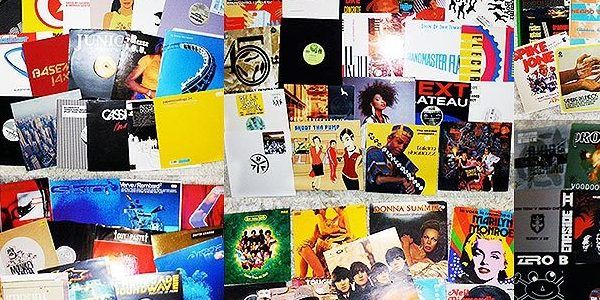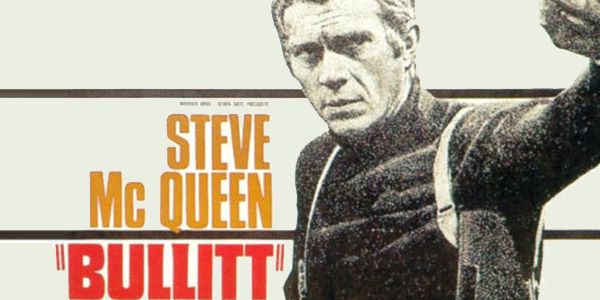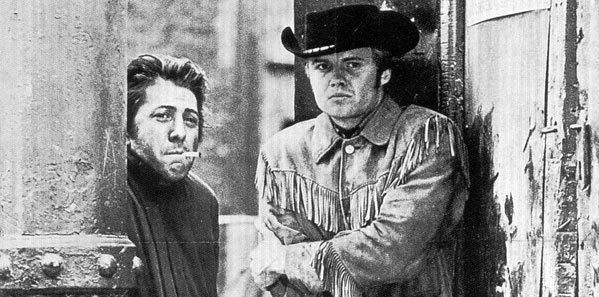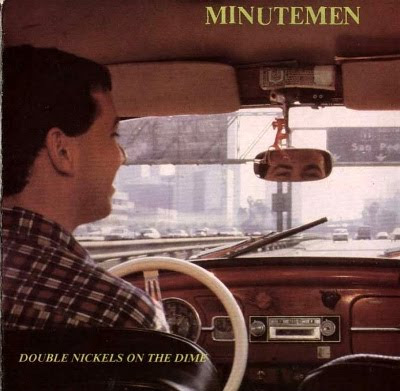16. THE KINKS: You Really Got Me/ It's Alright (1964)
Thanks to Dave Davies' guitar distortion, You Really Got Me is credited with inventing heavy metal. It's equally a paradigm of visceral '60s beat economy. Its primeval riff, clipped verses and stomping chorus cut a swathe through the docile jangle of 1964 pop. Of course, distortion had been around since Link Wray's Rumble and three-chord pop nirvana since The Champs' Tequila, but nobody had put the two together before. Whatever the historic nuances, any public airing of You Really Got Me will dare you not to bawl along.
Availability: The Ultimate Collection Sanctuary CD
15. THE EVERLY BROTHERS: Walk Right Back/ Ebony Eyes (1961)
Walk Right Back should never have been a hit. Intended as the flip to Ebony Eyes, it ended up higher in the charts than the original A-side, probably because it was a lot more fun, Penned by Sonny Curtis of The Crickets, and given to the Everlys shortly before Curtis entered the armed forces, it was really a work in progress, half-finished and lacking a second verse. But Don and Phil recorded what they had and, thiygh the song was basically about being lonesome, it had an upbeat, feel-good energy,making it an instantly infectious hit.
Availability: Walk Right Back WARNER BROS CD
Thanks to Dave Davies' guitar distortion, You Really Got Me is credited with inventing heavy metal. It's equally a paradigm of visceral '60s beat economy. Its primeval riff, clipped verses and stomping chorus cut a swathe through the docile jangle of 1964 pop. Of course, distortion had been around since Link Wray's Rumble and three-chord pop nirvana since The Champs' Tequila, but nobody had put the two together before. Whatever the historic nuances, any public airing of You Really Got Me will dare you not to bawl along.
Availability: The Ultimate Collection Sanctuary CD
15. THE EVERLY BROTHERS: Walk Right Back/ Ebony Eyes (1961)
Walk Right Back should never have been a hit. Intended as the flip to Ebony Eyes, it ended up higher in the charts than the original A-side, probably because it was a lot more fun, Penned by Sonny Curtis of The Crickets, and given to the Everlys shortly before Curtis entered the armed forces, it was really a work in progress, half-finished and lacking a second verse. But Don and Phil recorded what they had and, thiygh the song was basically about being lonesome, it had an upbeat, feel-good energy,making it an instantly infectious hit.
Availability: Walk Right Back WARNER BROS CD
























































